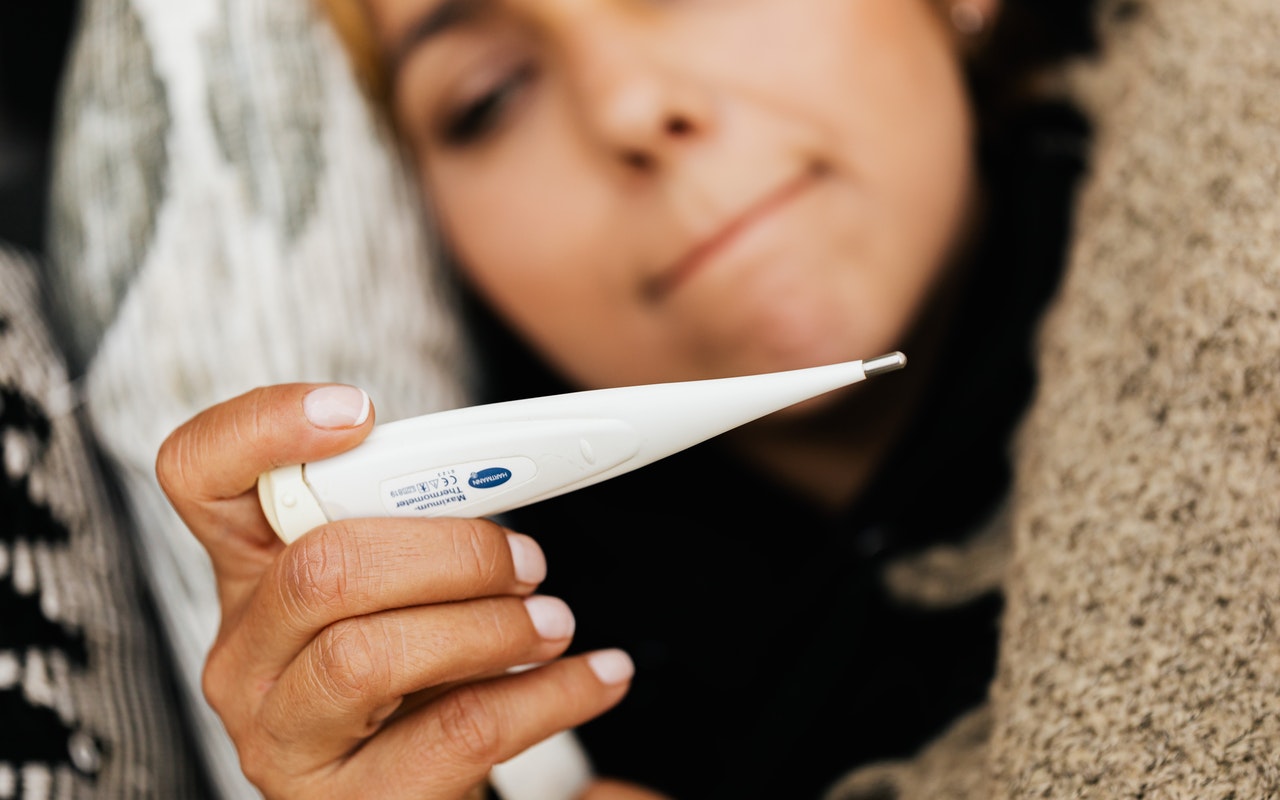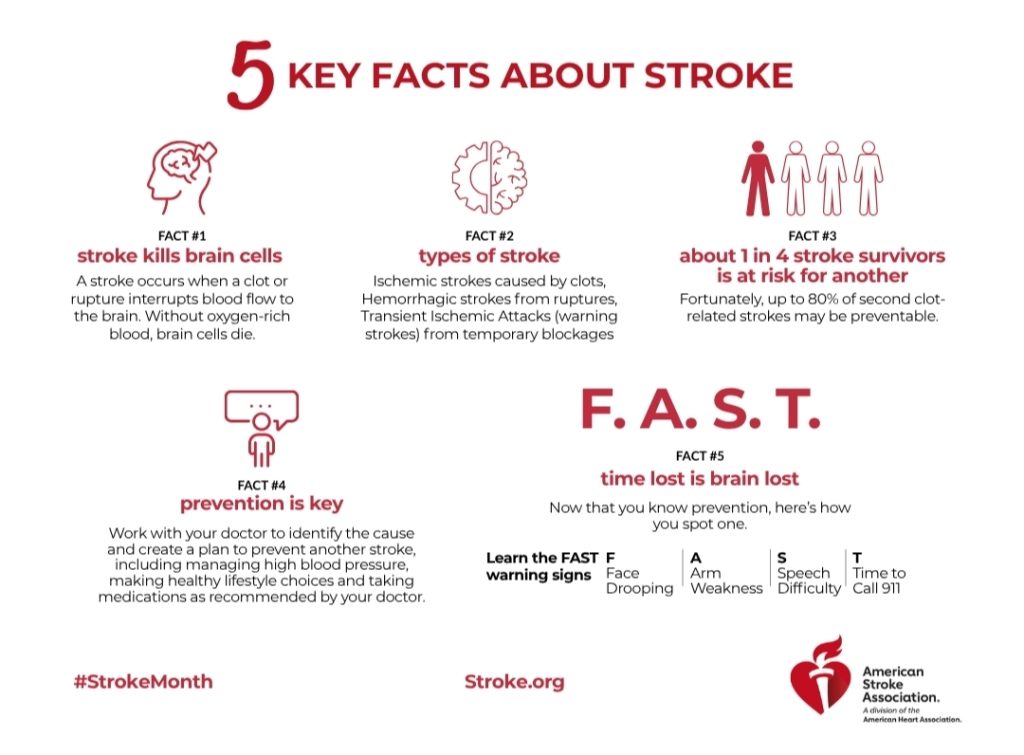“FemTech” was labeled in 2016 by entrepreneur Ida Tin to recognize one new aspect of the medical profession related to women. Since then, the concept has grown to include technology-enabled, consumer-centric products and solutions. Considered a subcategory of health technology, FemTech encompasses a range of health software and tech-enabled products specifically to address female biological needs. This subcategory seeks to highlight the historical and systemic exclusion found within the healthcare industry and the specifically targeted needs which include menstrual cycle understanding, fertility, and pregnancy. The two portions of the word relate to the growth of technology related to women.
“FemTech companies are already validating their investment hypotheses. Among others, Progyny, which manages fertility benefits for employers, went public in 2019 at a valuation in excess of $1 billion; its current market capitalization is about $4 billion. And Maven Clinic, a virtual clinic for women’s and family health, was valued at more than $1 billion in a recent Series D investment. In fact, the opportunities for multiple players, including investors, researchers, providers, payers, and legacy pharmaceutical and medical device companies, are becoming increasingly evident,” according to a set of authors writing for McKinsey’s Healthcare Systems & Services Practice whose goal is to make more affordable, accessible, and better healthcare around the world.
The FemTech companies already have achieved breakthroughs including both virtual clinics and brick-and-mortar facilities looking to serve women in a convenient, consumer-center style. The use of “trackables” and “wearables” which began with the aforementioned Ida Tin who tracked her fertility days by taking her temperature and determining her hand-held cell phone should overcome the need for a manual, spreadsheet-based method. Clue became the first company to link the cell phone with the collection of a woman’s temperature as a long-term tracking device. Since then, other companies such as London-based Elvie have marketed wearable breast pumps and a pelvic exercise trainer using smart technology. Another term, “menotech,” aims for improvement in women’s lifestyles as they approach and experience menopause by placing access to telemedicine and other data at women’s fingertips.
The influx of FemTech companies push the scientific boundaries to address unmet medical needs around the problems of endometriosis and preterm births. The field will not be restricted to white women; in fact, the movement directing the research specifically studies problems and solutions for all ethnicities.
The people behind the FemTech machine include a significant number of women; more than 70 percent of the companies have at least one female founder. These sets of inclusive and gender-aware healthcare growth industries should help more women to enter fields such as inventors, investors, physicians, and founders, which in turn produces healthier human beings and better solutions for all women. Because of the demographics in this new field, new consumer-centric products and solutions are being developed that recognize and target specific women’s health care needs. This almost ensures the women who are involved with this research are looking to better themselves and all women as they progress.
Specific field partners pair with traditional sectors; for example, cosmetics leader L’Oréal recently announced a partnership with the period-tracking app Clue, to gain a deeper knowledge of the relationship between skin health and the menstrual cycle.
“Depending on scope, estimates for FemTech’s current market size range from $500 million to $1 billion. Forecasts suggest opportunities for double-digit revenue growth. On the digital health front, FemTech companies currently receive 3 percent of all digital health funding. In our scan of hundreds of FemTech companies, we found concentration in maternal health patient support, consumer menstrual products, gynecological devices, and solutions in fertility. Funding reached $2.5 billion by early December 2021. In some cases, FemTech companies are filling gaps not yet addressed by biopharma and device incumbents, such as in the area of maternal health. Yet this is clearly, and promisingly, only the beginning of what FemTech can address,” as stated in the McKinsey Industry article.
Women should not be treated medically with the same tools and thought processes as men because, quite simply, they are built differently. Hopefully, this movement will steer clear of the “it’s all in your head” mentality that has plagued women for years from a male-dominated profession. Technology emerges as a valuable asset to women, but the knowledge of how women tick must be at the forefront.
Her Nexx Chapter invites you to join our free Community where women from around the world are connecting with each other’s stories, exploring different experiences, and transforming ideas.
The Future of Connection for Women








0 Comments